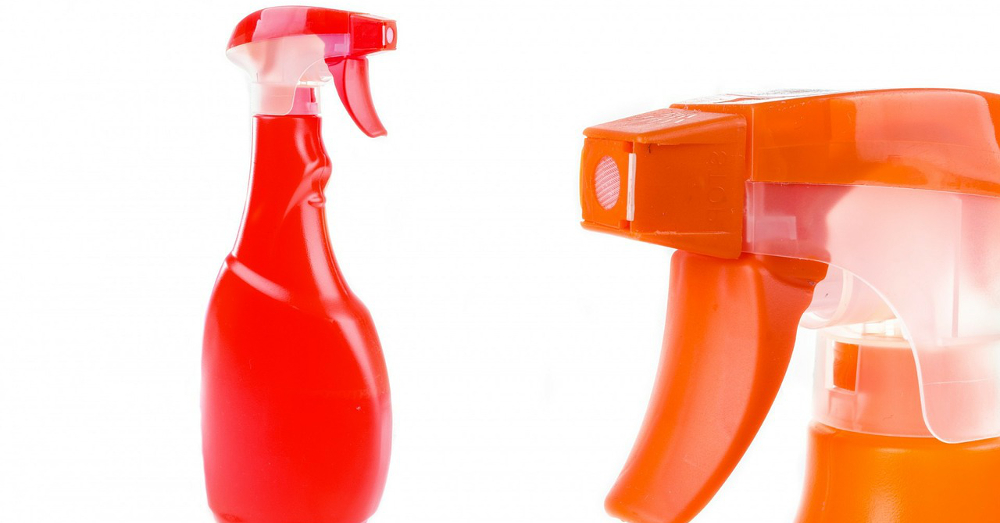
UK Condemned Over ‘Shocking’ Export of Deadly Weedkiller to Poorer Countries
A highly toxic weedkiller not authorised for use in the EU is being exported to developing countries from a UK factory.
Paraquat, a pesticide so lethal that a single sip can be fatal, has caused thousands of accidental deaths and suicides globally, and was outlawed by EU states in 2007.
But Swiss pesticide manufacturer Syngenta is exporting thousands of tonnes of the substance to other parts of the world from an industrial plant in Huddersfield.
August 22, 2017 | Source: The Guardian | by Alice Ross
UK accused of double standards as thousands of tonnes of pesticide not authorised for use in EU are produced in Britain for export to developing world
A highly toxic weedkiller not authorised for use in the EU is being exported to developing countries from a UK factory.
Paraquat, a pesticide so lethal that a single sip can be fatal, has caused thousands of accidental deaths and suicides globally, and was outlawed by EU states in 2007.
But Swiss pesticide manufacturer Syngenta is exporting thousands of tonnes of the substance to other parts of the world from an industrial plant in Huddersfield.
Campaigners have condemned the practice as an “astonishing double standard”, while a UN expert said it was deeply disquieting that the human rights implications of producing a substance for export that is not authorised in the EU were being ignored.
“The fact that the EU has decided to ban the pesticide for health and environmental reasons, but they still export it to countries with far weaker regulation and far weaker controls, is shocking to me,” said Baskut Tuncak, the UN special rapporteur on toxic wastes.
Syngenta is responsible for 95% of Europe’s exports of paraquat, which it sells under the brand name Gramoxone. The substance can be absorbed through the skin and has been linked with Parkinson’s disease.
Syngenta has exported 122,831 tonnes of paraquat from the UK since 2015, an average of 41,000 tonnes a year, according to export licensing data analysed by the Swiss NGO Public Eye and shared with the Guardian.
Since 2015, when a facility in Belgium stopped exporting paraquat, all EU exports of the pesticide have come from Syngenta’s UK base, according to Public Eye.
Almost two-thirds of these exports by volume – 62% – go to poor countries, including Brazil, Mexico, Indonesia, Guatemala, Venezuela and India. A further 35% is exported to the US, where paraquat can only be applied by licensed users.
Syngenta has been manufacturing paraquat at its Huddersfield plant for two decades. In 2014, the company was fined £200,000 after more than three tonnes of the chemical was spilled in an industrial accident.
